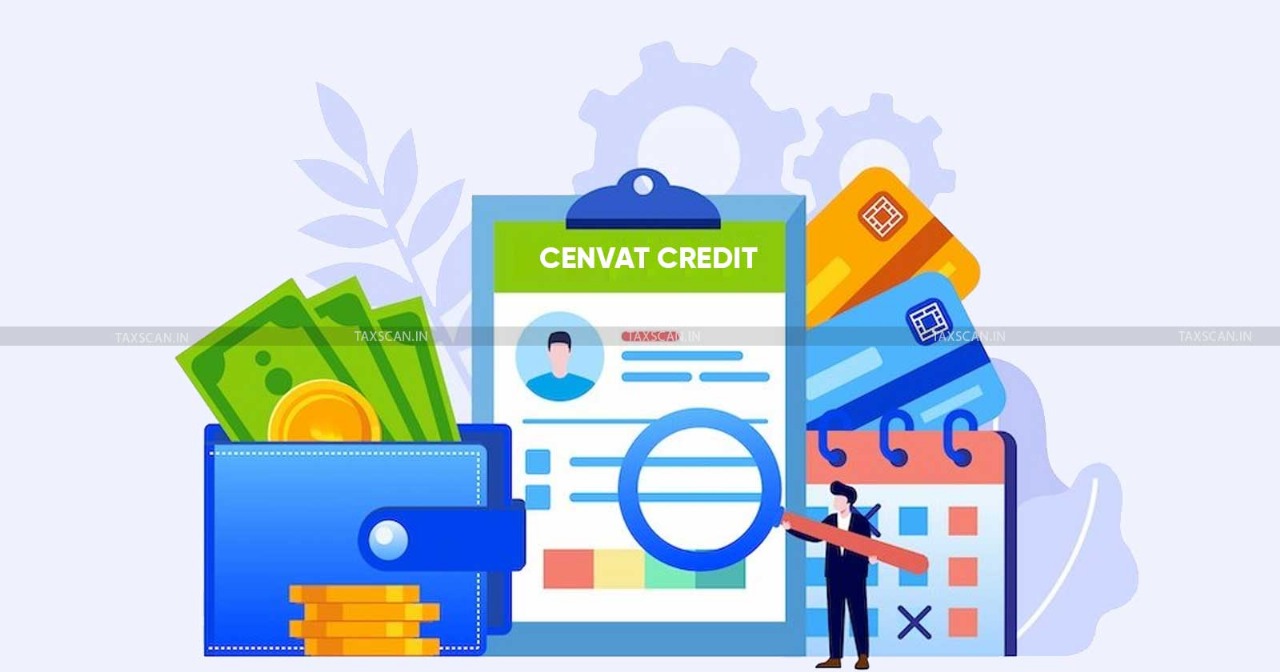CESTAT Allows Refund of Rs.1.67 Cr for Fit-Out Services Used in Office Renovation, Holds Them as Eligible Input Services
The tribunal noted that post-2012, Rule 5 provides a formula-based refund mechanism that does not require a direct nexus between input and output services.

The Chandigarh Bench of Customs,Excise and Service Tax Appellate Tribunal ( CESTAT ) allowed a refund of Rs.1.67 crore to the assessee, holding that fit-out services used for renovating a leased office were eligible input services under Rule 2(l) of the Cenvat Credit Rules, 2004.
Guardian India Operations Pvt Ltd,appellant-assessee,was a 100% EOU providing IT Software Services and Business Auxiliary Services to clients outside India. While offering these services from its Gurugram office, it received various input services like property rent, manpower supply, telecom, repair, and facility management, on which it paid service tax.
Understand the complete process and tax nuances of GST refunds, Click here
For the period October 2016 to June 2017, the appellant filed ST-3 returns and accumulated unutilized Cenvat credit of ₹3,00,68,912/-. A refund claim for the same was filed on 01.03.2018 under Rule 5 of the Cenvat Credit Rules, 2004, read with Notification No. 27/2012-CE. The original authority rejected the entire claim through an order dated 30.01.2019.
 Also Read:Excise Dept Fails to Probe 90 of 160 Transactions, Vendor Not Made Co-Noticee: CESTAT Upholds Cenvat Credit Claim [Read Order]
Also Read:Excise Dept Fails to Probe 90 of 160 Transactions, Vendor Not Made Co-Noticee: CESTAT Upholds Cenvat Credit Claim [Read Order]
The assessee challenged this before the Commissioner (Appeals), who also rejected the claim. An amount of ₹1,67,04,086/- was denied on the ground that Works Contract Service was not considered an eligible input service under Rule 2(l) of the Cenvat Credit Rules.
The assessee aggrieved by the order appealed before the tribunal.
The assessee counsel stated that the refund claim of Rs.1,67,04,086/- was wrongly rejected by the Commissioner (Appeals), who treated the service as construction and held that credit was not allowed since there was no existing structure to renovate or repair. The rejection was based only on the invoice description “Construction Works- Fitout” issued by M/s Jones Lang LaSalle Property Consultants.
GST READY RECKONER: Complete Topic wise Circulars, Instructions & Guidelines Click here
The counsel explained that the appellant had taken an office on lease on 18.08.2016 and carried out fit-out and interior work as per the agreement. He argued that this work qualified as renovation or modernization, which was allowed as input service under Rule 2(l) of the Cenvat Credit Rules, 2004.
He maintained that the service tax paid on these services was rightly claimed as credit. He also submitted that the actual nature of work should matter, not just the invoice wording, and referred to Supreme Court rulings in Faqir Chand Gulati and Super Poly Fabriks Ltd.
He further pointed out that Rule 5 was amended in 2012 to introduce a formula-based refund system, which did not require proving a direct link between input and output services.
The tribunal reviewed the submissions from both sides and examined the records.
It found that the refund of ₹1,67,04,086/- was wrongly denied on the ground that the services used were not input services. The bench noted that the services were clearly used for the renovation and fit-out of an existing leased office and therefore qualified as input services under Rule 2(l) of the Cenvat Credit Rules, 2004.
The appellate tribunal further held that the law did not require a one-to-one link between input and output services for claiming a refund. Citing the Cross Tab Marketing Service Pvt Ltd case, it noted that under amended Rule 5, refunds were to be calculated based on the ratio of export turnover to total turnover and the Cenvat credit taken during that period.
It also held that if the department wanted to deny credit on the ground that certain services were not eligible, it could only do so by issuing a recovery notice under Rule 14. Since no such notice was issued, the refund could not be denied.
The two member bench comprising S.S Garg(Judicial Member) and P.Anjani Kumar( Technical Member) referred to a 2012 circular which clarified that nexus should not be insisted upon and refund should be allowed based on the export turnover ratio.
In short,the tribunal set aside the order and allowed the appeal.
Support our journalism by subscribing to Taxscanpremium. Follow us on Telegram for quick updates


